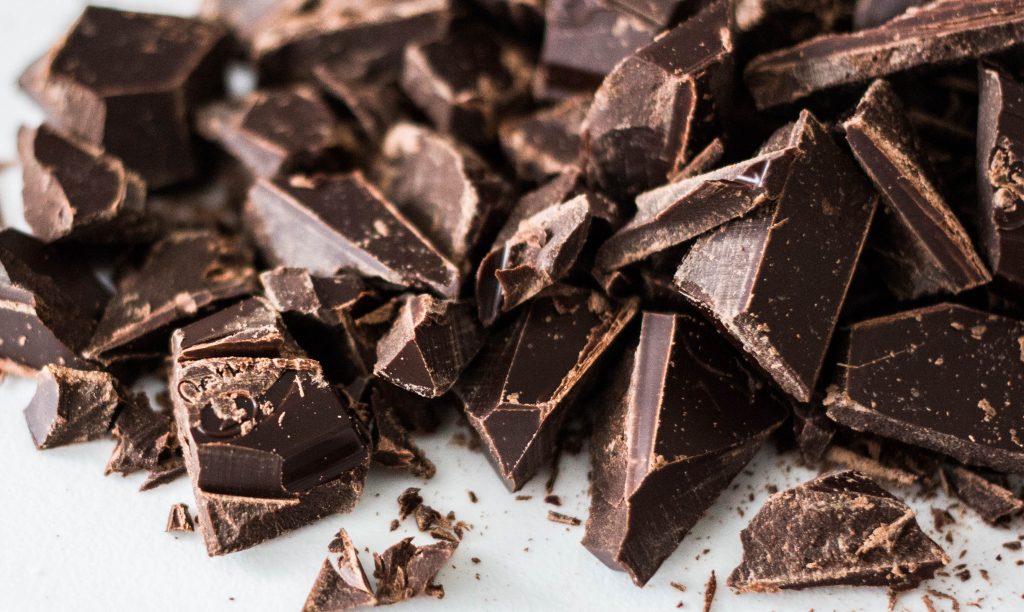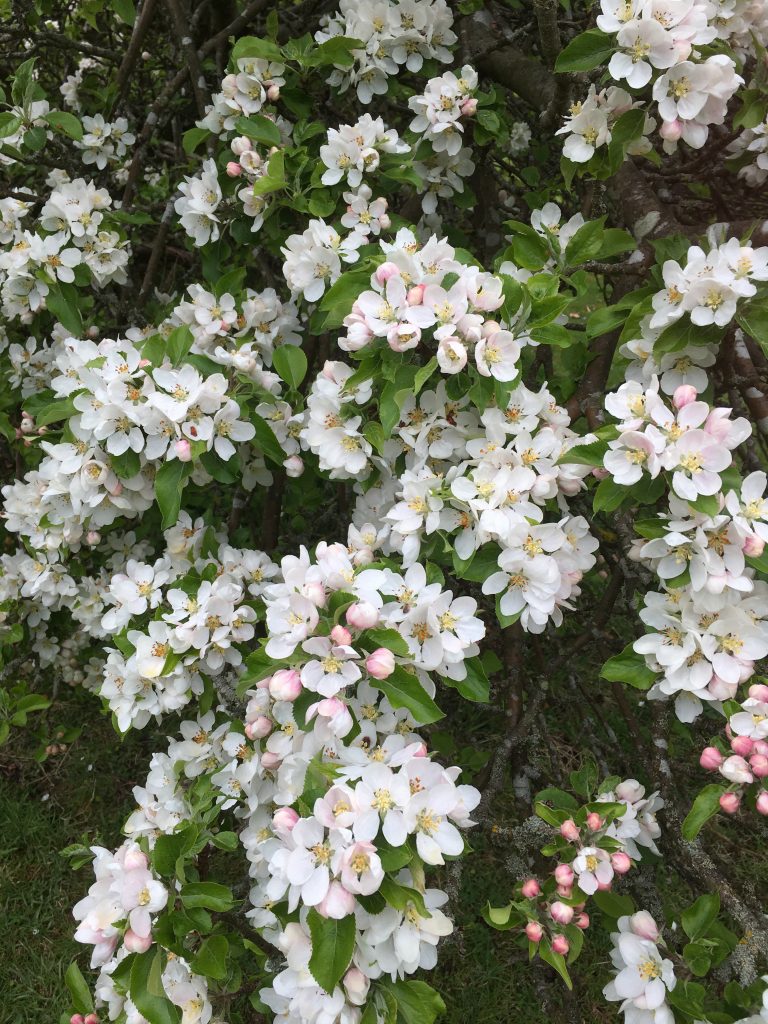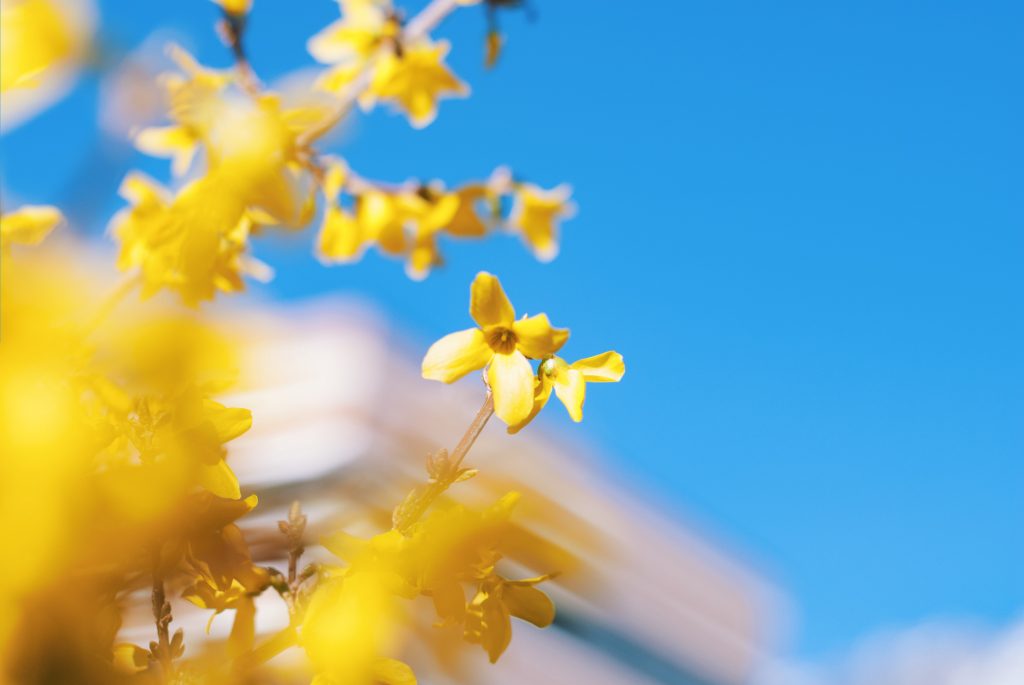A Dharma Glimpse by Dayamay Dunsby
Interestingly, just as I began working with elderly people and studying ‘end of life care’, I happened upon a spiritual teacher called Stephen Jenkinson. He’s known as a sort of death guru, who attempts to penetrate the wall of denial and avoidance that constitutes what he calls our collective societal ‘death phobia’.
This pervasive psychosocial phenomena occurs as an accumulated defense strategy that we have honed over hundreds of years in an attempt to exercise a degree of control over the thing that we fear the most – our immutable mortality. We routinely refuse to allow death into our lives and compulsively delay it in ourselves and our loved ones, in order that we can maintain some distance from it. Stephen points out that, such is the fundamental importance of death, that if we do not accept it as thoroughly as we pursue life, we can never really be fully alive.
Death phobia is ingrained in our language, our mentality and, to some considerable extent, dictates the course of our cultural endeavors.
One of the most fascinating things about his philosophy is the trouble that the averagely socialized person seems to have relinquishing their highly conditioned defenses to death, in order to understand that death is not something that we handle…death handles us, and that’s exactly as it’s meant to be, that’s just the nature of death!!
As something that resonates so deeply with me, and that I feel as a profoundly important truth, this brings up many spiritual and, In terms of my work, practical questions. How does it fit with the Bodhisattva model of compassion to not collude with a dying person, who is desperately trying to cling to a hopeless thread of life? How does one lovingly undo generations of the kind of trauma response that deflects death and legitimizes our ‘heroic’ refusals to die on death’s terms, rather than our own?
As with so many of our current societal misapprehensions, the root is systemic and probably would take hundreds of years to heal – if we had that sort of time. Our whole culture would have to be transformed in line with a completely different attitude towards dying.
It strikes me that this subject is emerging as part of a conversation that includes the likelihood that, pretty soon, death will be a much closer companion, even here in the west, where it is most successfully dismissed as an inconvenience.
In Buddhism, the process of dying and what happens afterwards is central to the philosophy that injects meaning into our faith. For a start, there is only so much that we can learn in a single incarnation. Without death the continuity of our transformation would be impossible. And, death IS transformation, probably in its most potent and pure form. And so, the importance of death is emphasized over and over again.
Death is the yan to life’s ying (or vice versa).
Pureland Buddhism is very good at helping us align(re-align – religion) with death, in that much of what happens in terms of our ultimate transformation, occurs after the fact of leaving this world and entering into the higher realms. Amida comes to us at the moment of death and guides us safely to Sukhavati, where we continue our journeys towards complete and perfect enlightenment for the benefit of all beings. It feels to me that this sense of continuity is helpful in maintaining the kind of open-mindedness and incentive that will help us to face death in a way that means we will be informed by its influence, rather than in conflict with its inevitability.
Namo Amida Bu.



